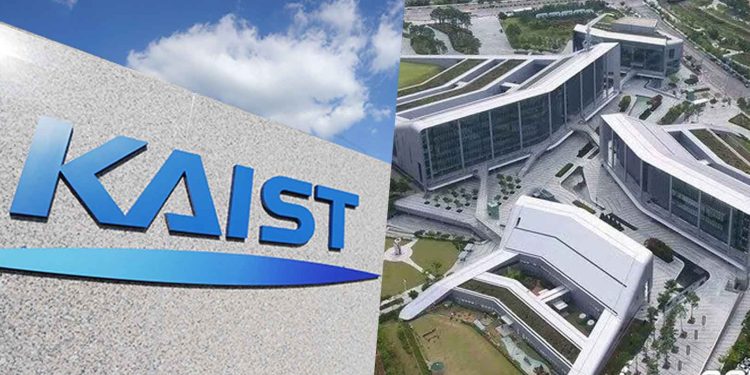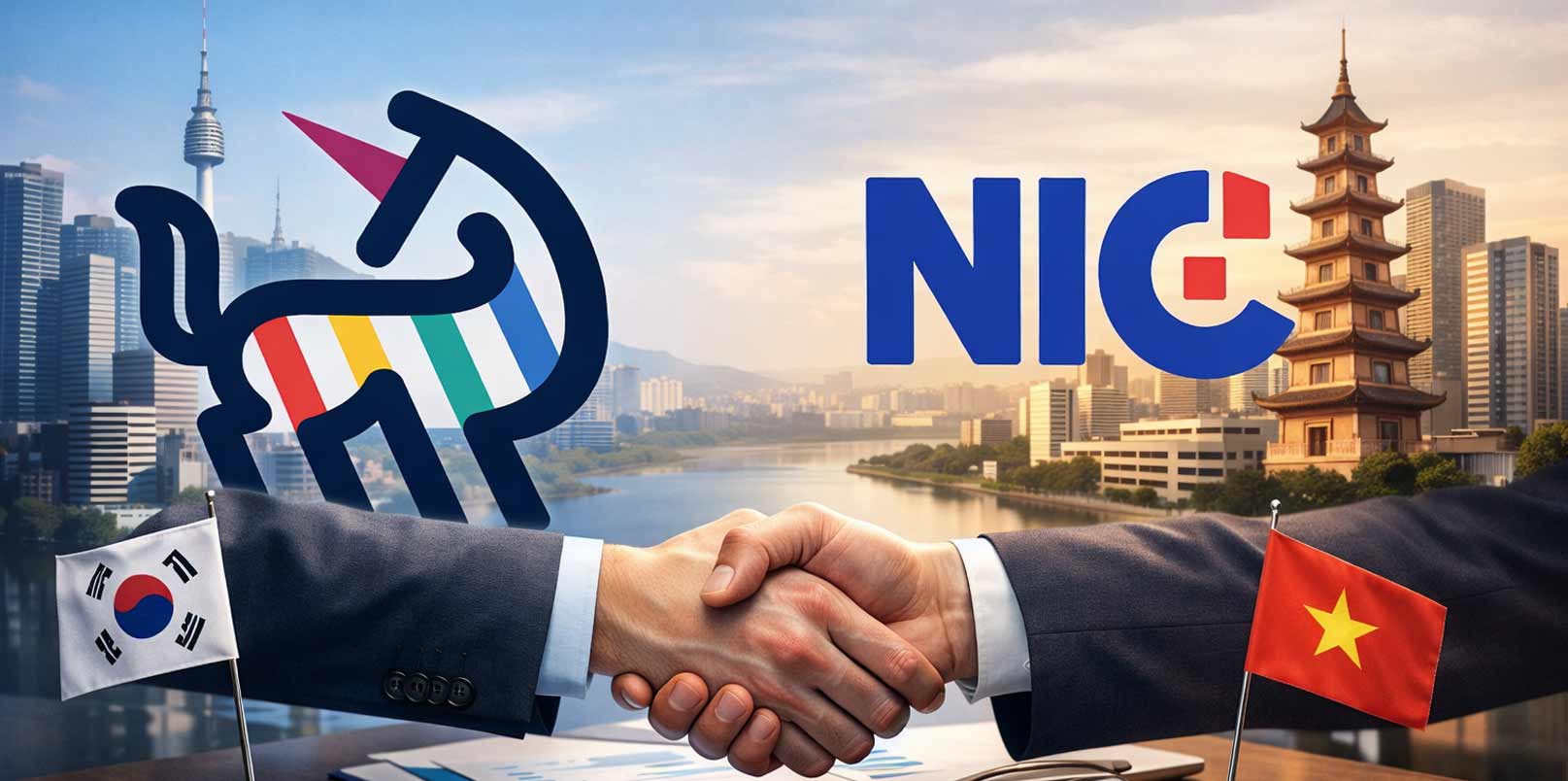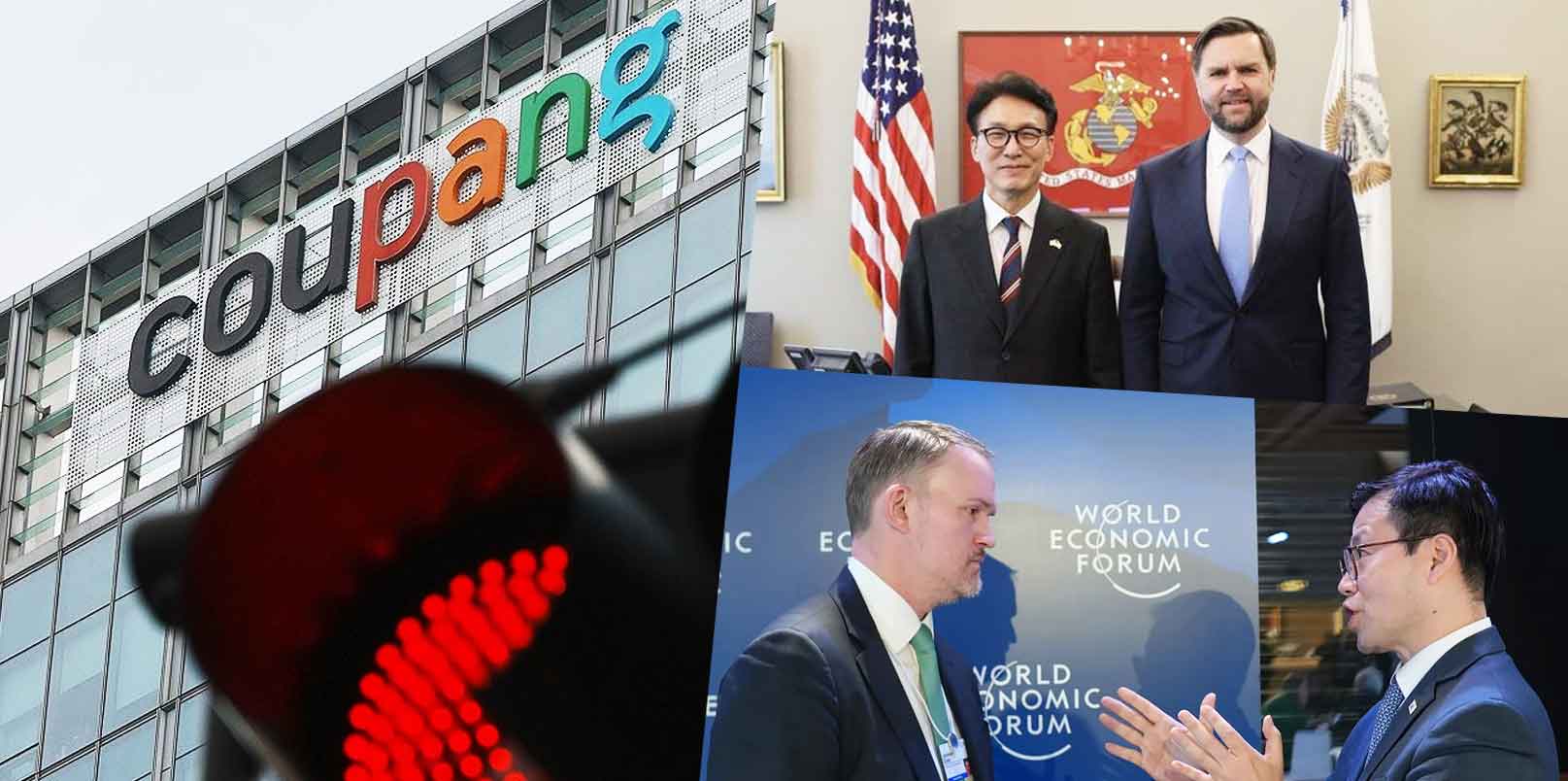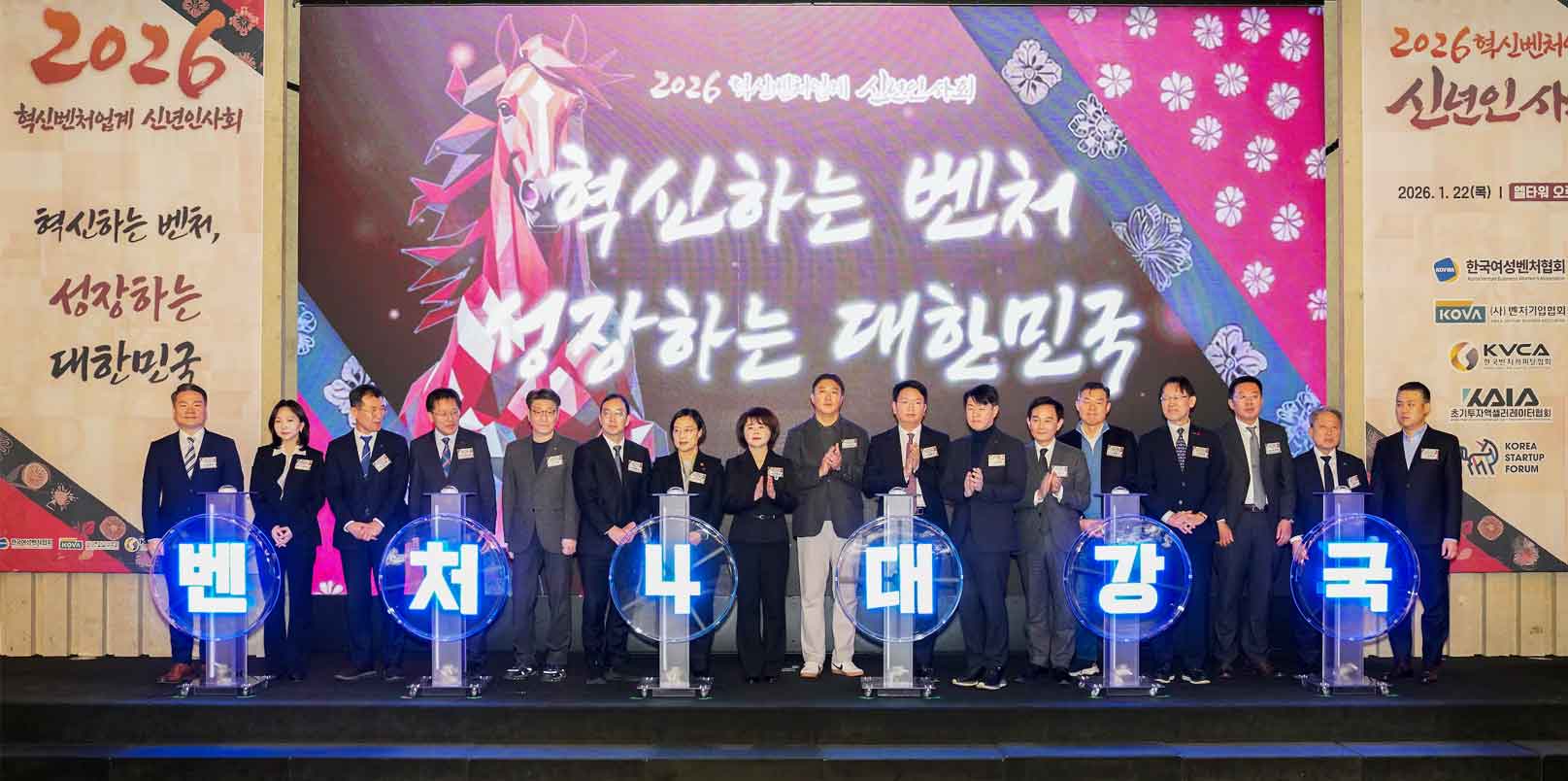South Korea’s unicorn strategy is no longer confined to Seoul. South Chungcheong Province (a.k.a. Chungnam), in partnership with KAIST, has launched a program to identify and nurture high-growth startups in autonomous driving, AI, and climate technology. By providing funding and tailored commercialization support, the initiative reflects Korea’s growing effort to spread startup development beyond Seoul while positioning itself as a global hub for future industries.
Chungnam and KAIST Select Seven Promising Startups for Future Unicorn Project
Chungnam (South Chungcheong) Province announced on September 8 that it has selected seven startups for its “Future Unicorn Discovery, Nurturing, and Chungnam Settlement Support Project.”
The program attracted 14 applicants last month. Following a review process that included document and presentation assessments, the province, together with KAIST’s Mobility Research Institute, finalized seven winners:
- Picker Project – autonomous driving-based mobility platform
- The Robotics – autonomous-following agricultural mobility robot
- Coils – high-efficiency wireless charging station
- Smart Inside AI – video AI-powered smart intersection system
- Levingempo – air pollution purification technology
- Meta Earth Lab – big data-driven climate intelligence platform
- Aerosonics – AI-based aircraft development engineering software
Each company will receive KRW 2.5 billion (approximately USD 1.8 million) in initial commercialization funding, along with stage-specific support such as R&D collaboration with KAIST faculty, commercialization consulting, and investment attraction assistance.
Extending Korea’s Unicorn Strategy
The initiative reflects a growing policy push in Korea to expand unicorn development efforts beyond Seoul and Gyeonggi, where most of the nation’s startup capital and ecosystems are concentrated.
By anchoring new programs in regions such as Chungnam, authorities aim to foster balanced regional development and attract startups into local industrial complexes.
KAIST’s participation is also a central feature. Technologies emerging from KAIST labs provide the foundation for identifying competitive startups. This model enhances both commercialization and regional technology transfer. And these are the two priorities in Korea’s current innovation strategy.
Chungnam & KAIST Initiative: A Dual Focus
Ahn Ho, Director of Chungnam’s Industrial Economy Office, emphasized the program’s dual focus,
“This project is differentiated in that it identifies startups that meet both innovation and market potential, and supports them through their entire growth cycle. Together with the KAIST Mobility Research Institute and promising startups aspiring to become unicorns, we will accelerate the Naepo Future New Industry National Industrial Complex.”
Ecosystem Significance: Why It Matters Globally
In the end, the Chungnam – KAIST collaboration deserves close attention, especially for international founders and investors as this initiative illustrates Korea’s intent to decentralize unicorn creation and broaden the geography of its innovation economy.
By focusing on autonomous driving, AI, and climate tech, Chungnam’s program aligns with global venture trends where mobility and sustainability attract cross-border capital.
The inclusion of climate intelligence and air quality startups is particularly timely, as climate-related technologies are drawing increased venture investment across Asia-Pacific. Meanwhile, KAIST’s deep-tech research base provides credibility and commercialization pathways that early-stage startups often lack.
As for global investors, this program could also signal new entry points into Korea’s startup ecosystem outside Seoul, with potential incentives for companies that establish themselves in regional industrial parks.
Strategic Implications of Chungnam – KAIST Unicorn Initiative
Chungnam’s unicorn initiative with KAIST underscores Korea’s evolving startup strategy: spreading innovation growth beyond the capital, leveraging university research, and targeting high-impact sectors.
In addition to its strategic direction, this program also offers global investors a glimpse into how Korea may position itself to attract more cross-border venture capital and position itself as a hub for mobility, AI, and climate technologies.
As the selected startups advance, their success will test whether regional strategies can complement Seoul’s dominance in shaping Korea’s next wave of unicorns.
– Stay Ahead in Korea’s Startup Scene –
Get real-time insights, funding updates, and policy shifts shaping Korea’s innovation ecosystem.
➡️ Follow KoreaTechDesk on LinkedIn, X (Twitter), Threads, Bluesky, Telegram, Facebook, and WhatsApp Channel.






